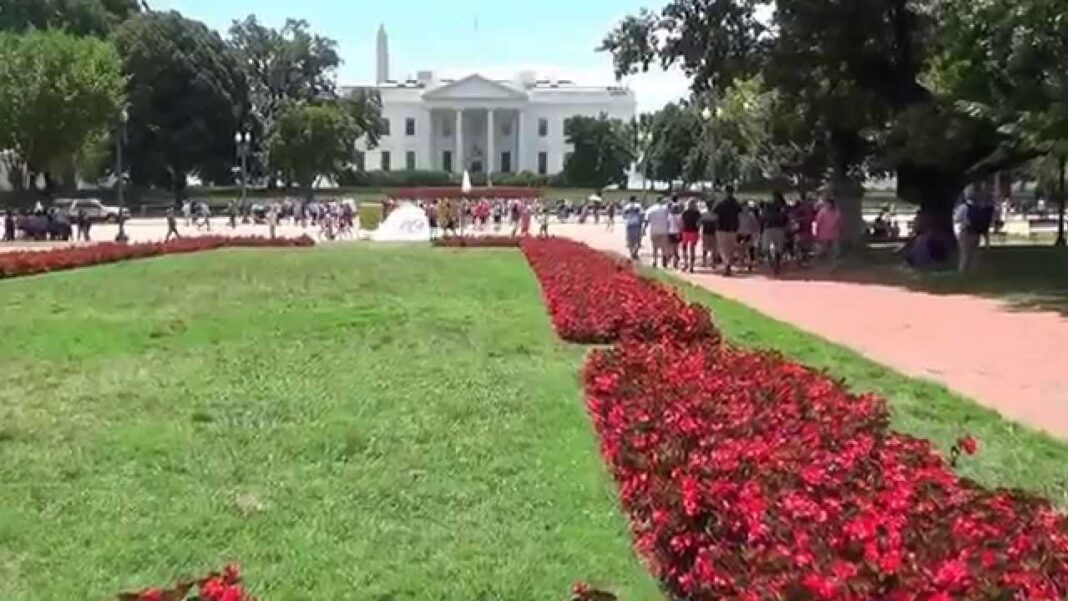Some question why illegal immigrants are favored over locals.
The issues arising from thousands of illegal immigrants pouring into Chicago from around the world have united many in the city’s black and Hispanic communities, who blame the government for the resultant social problems, including crime.
Local citizens say that their neighborhoods are less safe, their schools are overcrowded, already scarce jobs are now even harder to come by, and the distribution of municipal resources favors illegal immigrants.
“My beef is with the government, not with the migrants,” said Hector, a Hispanic pastor from Brighton Park on the city’s south side.
“There are a lot of injustices. We do not see equality. The migrants are given everything. The money is coming from our pockets.”
The city has provided housing for the new arrivals, ranging from large tents and warehouses to hotels scattered throughout the city and in some suburbs.
Chaplain Antonio, who ministers to immigrants, has observed criminal gang colors, signs, and emblems among them as he greets the newcomers on their arrival in Chicago.
“We are not against legitimate immigration, but this problem should have been stopped at the border,” he said.
Antonio also said the government is favoring the new noncitizen immigrants over people who are already here.
Voices From the Community
On a recent night, The Epoch Times met up with Tee and X (not their real names), two black men well-acquainted with life on Chicago’s mean streets, for a drive through some of the South Side’s deadliest neighborhoods.
X called the area “Cowboy Land,” where anything can happen at any time.
Driving through blocks of dilapidated houses and boarded-up storefronts, the pair pointed to street corner after street corner where someone had been shot to death recently.
X, who survived gang involvement well into his early 30s, said he can name 100 people killed in street violence.
Despite all that, he said, “I love my city. I wouldn’t leave. South Chicago is my land.”
Cautious in word and action, X avoided prison. Today, he lives in a small house in a neat, working-class area and works in construction. He is a single parent raising two sons.
By Steven Kovac






